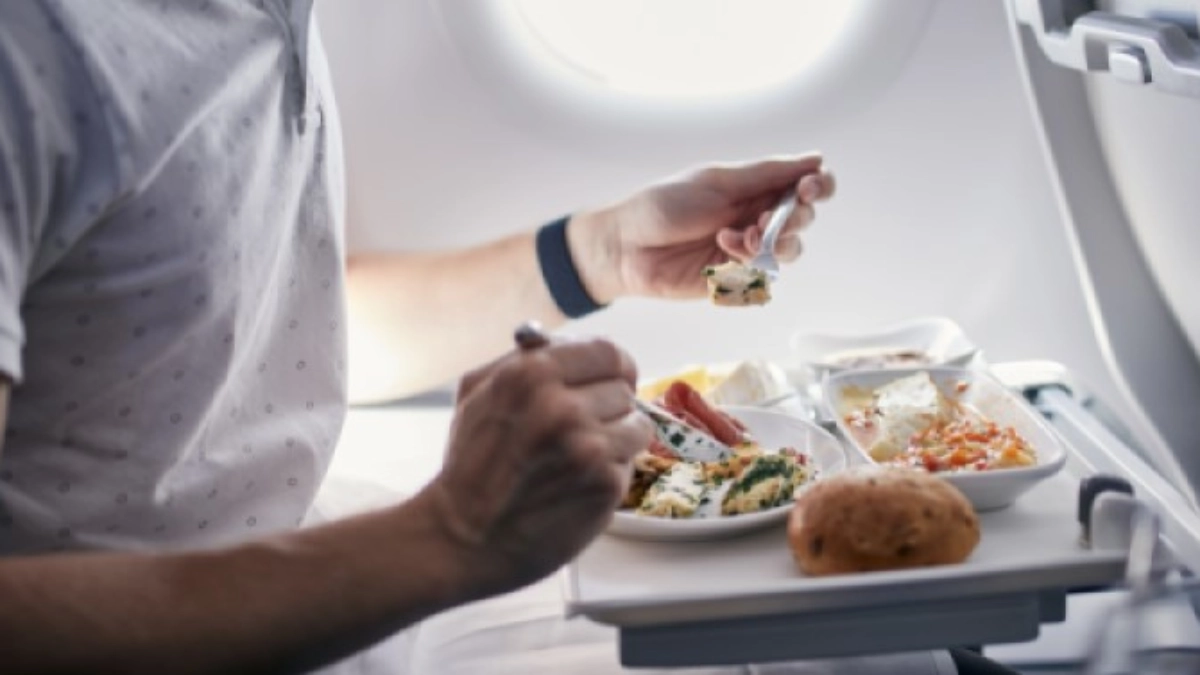Top tips for travelling with food allergies

Travelling can be quite intimidating if you happen to have food allergies. The thought of it alone can be overwhelming, and sadly, those with food allergies are less likely to travel as a result.
But food allergies shouldn’t stop you from seeing the world, so here are some tips for planning a trip if you have food allergies.
Picking your destination
This part will probably take the most time.
One place to start is to think about the type of food that your holiday destination has to offer and how this relates to your allergies. While it’s difficult to avoid allergens completely, you may not wish to visit certain countries where your allergens are widely used. For example, Southeast Asian dishes generally use a lot of sesame and peanuts, while Italian dishes tend to include a lot of dairy and eggs.
Communicating your food allergy needs
Another important thing to think about when choosing your destination is how you will communicate your food allergy. If there’s a language barrier, translation cards are very helpful in communicating the needs of a food-allergic person.
You can order wallet-sized translation cards from Allergy UK. Knowledge about food allergies will vary between countries and even within individual places, so this is key to being able to manage things as safely as possible.
Access to emergency healthcare
Accessibility to medical services and the quality of healthcare is also important when choosing where to travel. There are varying severities of food allergies, although you might not need medical care for your allergies, you may choose to avoid a more isolated or remote location just in case.
Wherever you go, make sure you know how to contact emergency services and how to access medical care. You may want to make a note of any important emergency numbers before you go and save them in your phone. As well as giving it to anyone else who is travelling with you.

Flying with food allergies
If you’re flying to your destination, you may want to check the allergy management policy with your airline. Some airlines will make announcements about allergens to passengers on board, although it still does not guarantee zero exposure.
Be sure to mention your food allergies to staff when checking in and when boarding the flight, as well as before snacks and mealtimes. If you take a flight which involves pre-ordering a meal, be sure to recheck with the airline staff when any meals are served to you.
You may want to carry safe snacks with you when you travel as a safety net. From a practical point of view, you can also pack some cleaning wipes in your hand luggage so you can wipe down your seat area (e.g. tray table, seatbelt and armrest) to reduce the risk of any potential contact reactions. And remember to always wash your hands before eating or drinking anything during the flight.
If you are travelling with a child and you need to carry specialist allergy milk products, check the quantity allowed with the airline. It’s best not to rely on a specific type of milk being available at your destination, so take a supply with you in your hold luggage.

Cruising with food allergies
If you’re going on a cruise, let them know your food allergies when booking. You can tell your travel agent or get in touch with your cruise line.
Once you are onboard, you can also ask to speak to the head waiter, who will let the chef and their team know of your allergies. They may be able to add a note to your customer profile linked to your cabin number.

Travelling with food allergy medication
If you’re flying with liquid antihistamine medication in a container larger than 100ml, simply carry it separately in your hand luggage. To be on the safe side, bring along a supporting document like a prescription copy or a letter from your doctor to prove that your medication is legit.
Now, when it comes to adrenaline auto-injectors (AAI), make sure you have two injectors that are still in date. Check those expiry dates well in advance, so you have enough time to order replacements if needed.
Keep your meds close at hand during the flight, ideally in the seat pocket right in front of you. Avoid stashing them in the overhead cabin (hard to reach) or holding luggage where it’s exposed to extreme temperatures.
Finally, don’t forget to pack your allergy action plan! It’s a lifesaver as it lists the signs and symptoms to watch out for and when to take your medication.

Top tips for travelling with food allergies
- When choosing your holiday destination, avoid anywhere too remote. For peace of mind, you may wish to choose somewhere that has medical facilities nearby.
- Carry translation cards with you if there’s likely to be a language barrier. You can order these online from Allergy UK.
- Let your airline or cruise line know about your food allergies in advance. Remind staff at check-in and every mealtime.
- Carry snacks with you so you know there’s no risk of any allergic reaction.
- If you carry adrenaline auto-injectors (AAIs), carry two with you wherever you go and make sure they are in date. Extreme temperatures can affect AAIs, buying a medication bag can be helpful to keep them at room temperature when you’re travelling.

